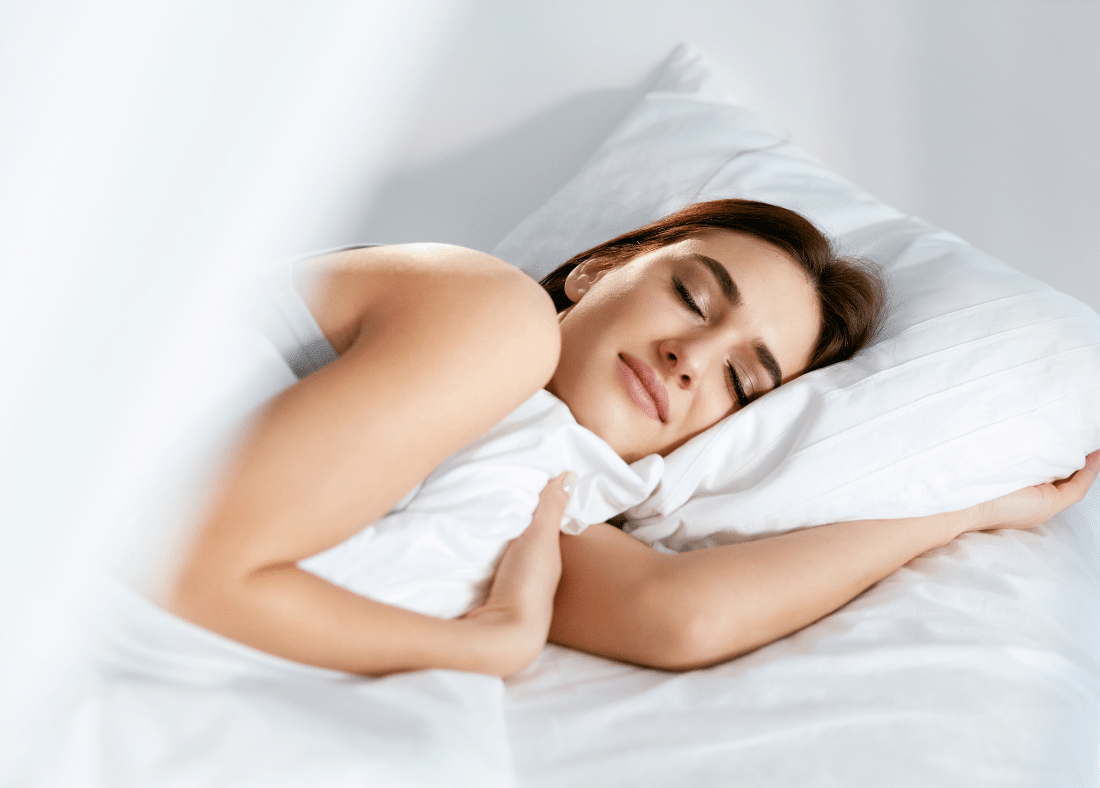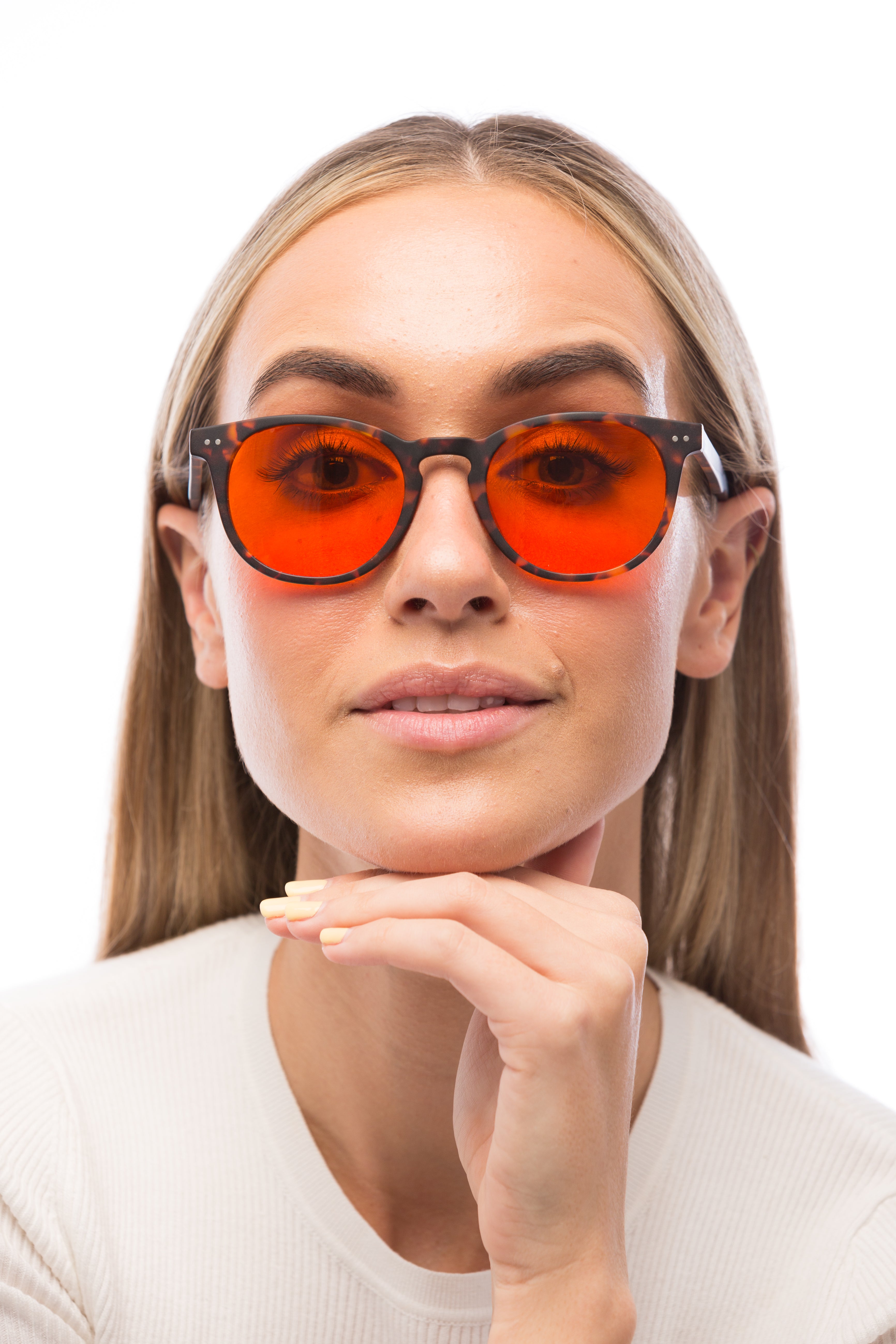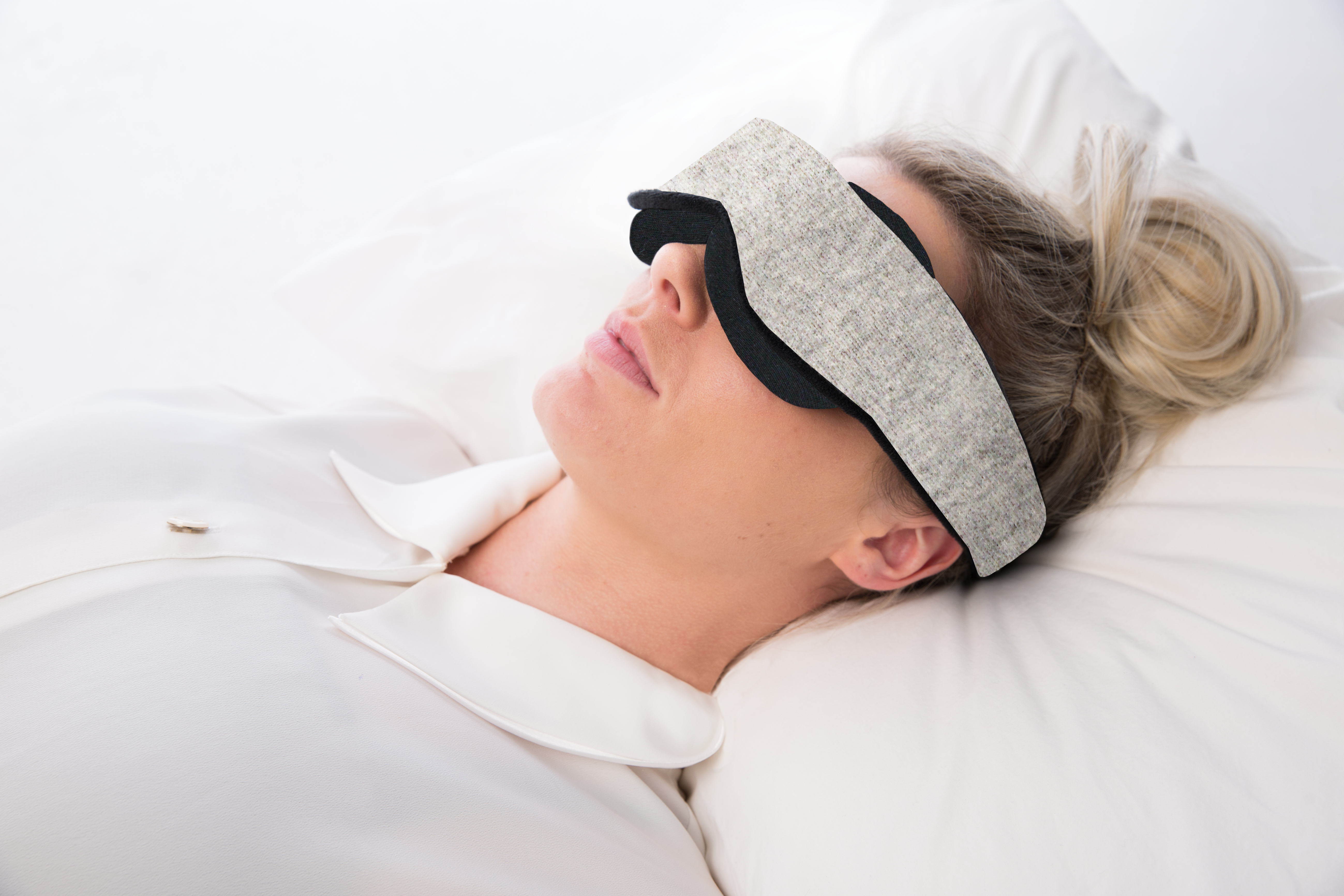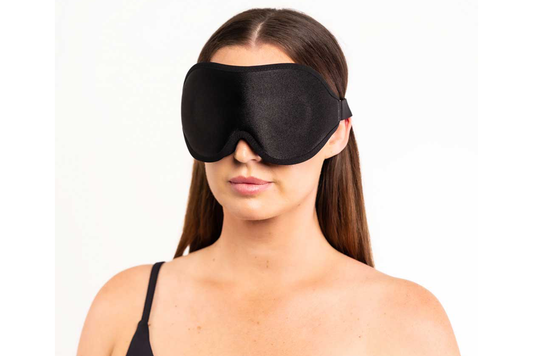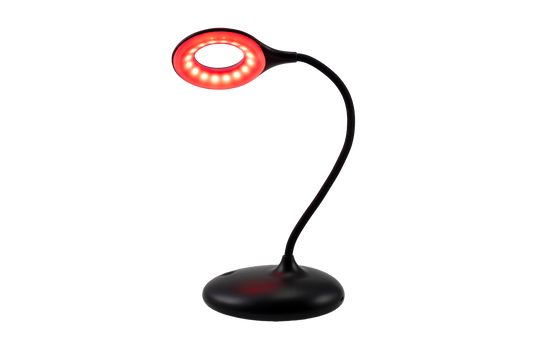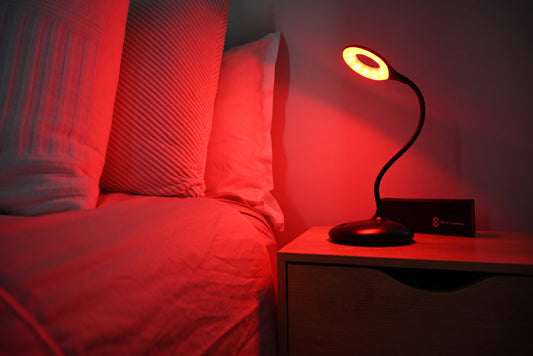How to Fall Asleep in 10 Seconds
Andy MantIf you are reading this article you are most likely struggling to fall asleep. We will show you how to fall asleep is 10 seconds so you can soon be drifting off into a deep and meaningful sleep.
What is Sleep Latency?
When looking at how long is takes for someone to fall asleep its important to understand sleep latency. Sleep latency is an important factor for good quality sleep and helps understand whether it's healthy to fall asleep quickly.
How Long Does it Take the Average Person to Fall Asleep?
According to a fact checked article on the Sleep Foundation's website is takes the average individual between 10 and 20 minutes to fall sleep. The Sleep Foundation also state that sleep latency is an important measure for someone's overall sleepiness and can help provide important information into a person's sleep quality.
How quickly someone falls asleep will depend on the level of fatigue someone has, the time of day they go to bed, how much artificial blue light they are exposed to after sunset and how relaxed they are prior to bed.
For example, drinking alcohol before bed will shorten sleep latency. However, we are not suggesting drinking alcohol before bed to help you fall asleep in 10 seconds!
Is it Healthy to Fall Asleep in Less Than 10 Seconds?
According to the Sleep Foundation, a sleep latency of less than eight minutes may be an indicator of a medical disorder such a narcolepsy. If it takes you over 20 minutes to fall asleep this could be an indication of insomnia or other medical conditions. If you consistently struggle to fall asleep you would be best placed speaking to your medical practitioner.
According to a peer reviewed article in Frontiers in Neuroscience, bedtime stress increases sleep latency and actually damages your memory the next day. Therefore it is vitally important to find the sweet spot when looking at how quickly to fall asleep.
Whilst the science suggests falling asleep in less than 8 minutes is probably not the best idea, its also important to find the sweet spot to help you fall asleep in between 8 and 20 minutes for the best quality of sleep.
Top 6 Tips to Fall Asleep Quicker
Limit Blue Light Exposure Before Bed
Blue light before bed disrupts melatonin production and disrupts your sleep. This has been shown in this study.
According to an article in The National Library of Medicine blocking blue light after dark using amber lens glasses can significantly improve the sleep quality in insomniacs.
By wearing a good quality pair of blue light blocking glasses after sunset may help you fall asleep faster, get a better quality of sleep and allow you to sleep longer.
Whilst wearing blue light glasses is a great countermeasure to poor sleep and allows you to fall asleep quicker one must still assess blue light hitting the skin.
By using blue light blocking lighting after sunset you can help your body relax ready for sleep which may help you fall asleep faster.
The "Military Method"
Sharon Ackerman released a book called "Relax and Win: Championship Performance", in 2012. In this book the Military Method for falling sleep was first discussed.
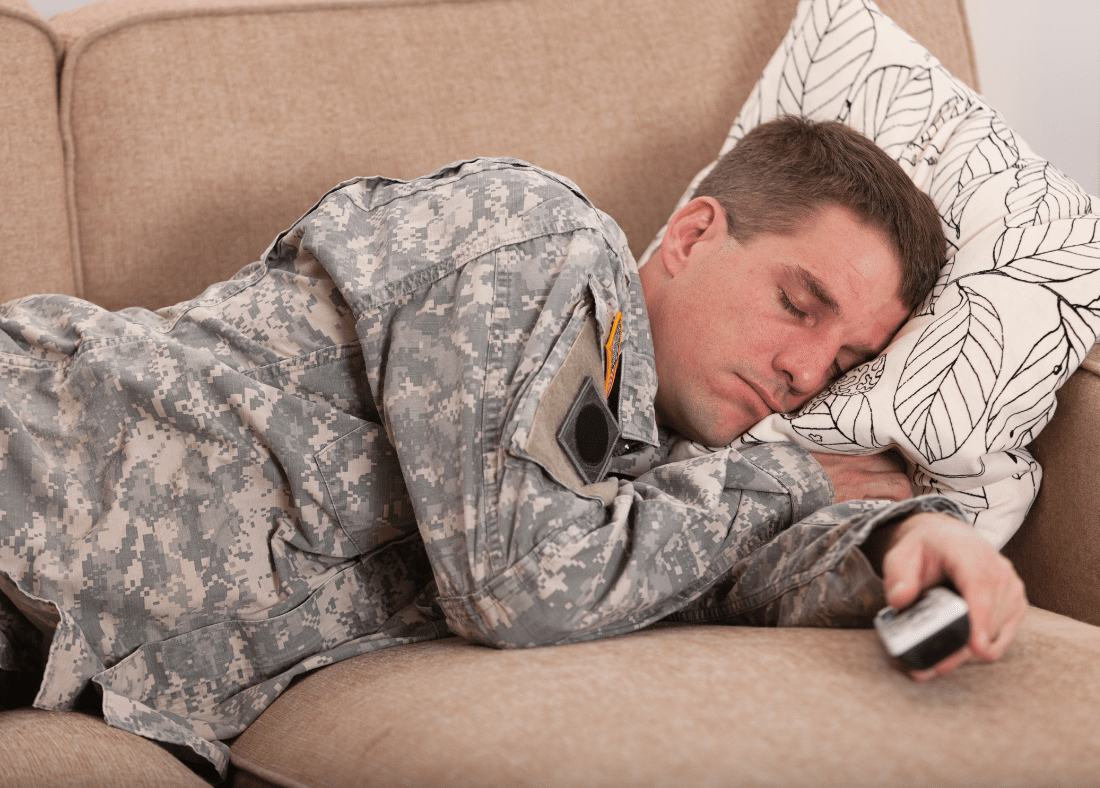
Whilst this method allows you to fall asleep in 120 seconds, its the last 10 seconds that really closes down your wandering thoughts and drops you into a deep sleep.
The Military Method uses the following techniques whilst lying in bed:
- Relax the muscles in your face
- Relax your shoulders
- Take a deep breath and relax your chest
- Relax your legs
- Think about a chilled place that relaxes you
- If you haven't fallen asleep whisper "don's think" over and over again for 10 seconds.
This method is great for relaxing yourself into a deep sleep quickly. Having a parasympathetic state before sleep is paramount to falling asleep faster. If you have had a stressful day at work then try the Military Method to fall asleep in record time.
Progressive Muscle Relaxation
Stress can make is more difficult to drift off to sleep. Relaxing your muscles before bed is a great way to get off to sleep faster.
Progressive muscle relaxation is often referred to as deep muscle relaxation and helps you banish stress from your muscles.
By releasing tension in your muscles before bed you prepare your body for a state of sleep. The method works as follows:
- Lift your eyebrows up for 5 seconds and then relax them for 10 seconds
- Visualise relaxing all the muscles in yoru body, hold this for 10 seconds
- Smile as wide as you can for 5 seconds and then relax for 10 seconds
- With your eyes fully closed, squint for 5 seconds and then relax
- Whilst laying down, look up and hold for 5 seconds
- Individually relax all muscles in yoru legs, start with thighs and finish with your toes.
- Close your eyes and keep your body in this relaxed state and fall asleep in 60 seconds!
This study showed progressive muscle relaxation increases slow wave sleep in participants.
4-7-8 Method
The 4-7-8 Method is a breathing pattern technique developed by Dr. Andrew Weil. This technique is grounded in ancient yogic technique called pranayama. This helps you gain complete control over your breathing and relaxes you.
When the 4-7-8 Method is practiced over a long period of time it has been reported that it helps the practitioner fall asleep faster.
The steps below should be performed in one breath cycle.
- Place your tongue against the roof of your mouth just above your front teeth. Purse your lips and make a whooshing sound. Exhale all breath out of your mouth
- Close your lips and silently breathe in through your nose and count to 4 in your mind
- Hold your breath for 7 seconds
- Make another whooshing exhale from your mouth for 8 seconds.
- Repeat and fall asleep fast
Breathing techniques like this have been used for centuries as a way to relax. Wim Hof is the most famous practitioner of breathing rituals used to help create a relaxed state of mind.
Visualise a Relaxing Space
By picturing a calm and serene place in your mind you can help relax yourself before bed. Try picturing a place that causes a sense of calm to rush over you, such as a waterfall, lush green garden or a lake. Johns Hopkins Medical says that visualisation and imagery is a great way to relax. Being in a more relaxed state before bed is a great way to fall asleep faster in our opinion.

Tell Yourself to Remain Awake
Paradoxically this technique works well to fall asleep in the quickest way possible! From a psychological perspective when you tell yourself, or someone tells you, not to do something, we want to do it. Paradoxical intention of telling yourself to stay awake could be the best way to fall asleep in record time.
When meditating or practicing visualisation the best results can be used by wearing a black out sleep mask. My doing this practice in complete darkness will help make your visualisations more vivid and may assist you in falling asleep quicker.
Final Thoughts
It is quite clear that it is not healthy to fall asleep every night in less than 8 minutes. This could be a symptom of an underlying health condition. On the flip side, if it takes you more than 20 minutes to fall asleep then you could also have a condition needing medical advise.
Finding the sweet spot between 8-20 minutes is the best option, but if you want to fall asleep in less than 10 seconds the tips in this article can help you try and achieve this.
To maintain a healthy circadian rhythm and sleep schedule in a healthy ancestral way you can check out BON CHARGE's sweet of holistic wellness products aimed to help you fall asleep faster.

